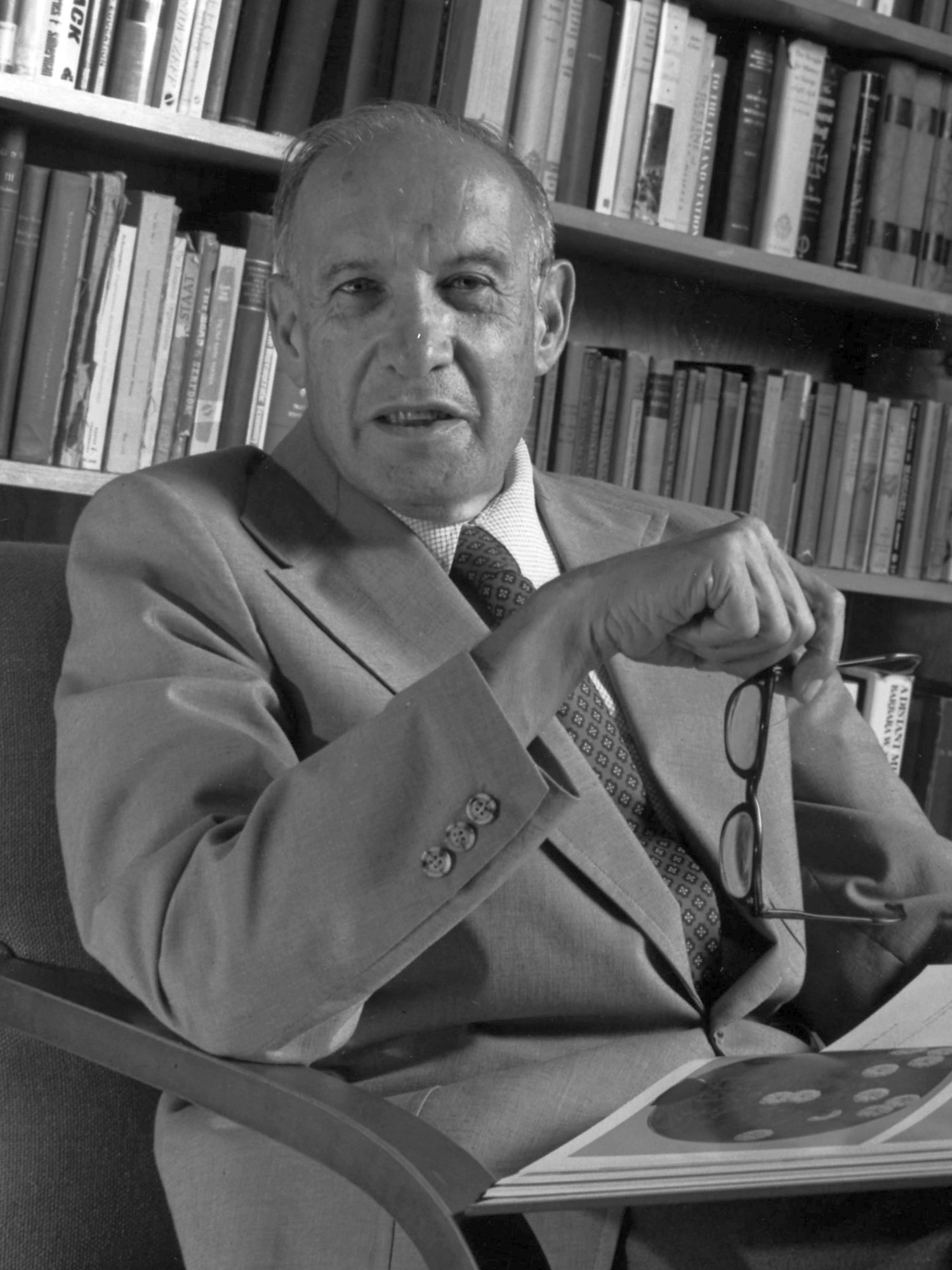Peter Drucker nejznámější citáty
Peter Drucker: Citáty o podnikání
„Podnikání není ani věda, ani umění. Je to praxe.“
Varianta: Podnikání není ani věda, ani umění. Je to praktická zkušenost.
„Základem podnikání je zákazník, díky kterému současně existuje. On sám dává zaměstnání.“
Originál: (en) The customer is the foundation of a business and keeps it in existence. He alone gives employment.
Peter Drucker citáty a výroky
„Nejdůležitější věci v komunikaci je slyšet, co nebylo řečeno nahlas.“
Varianta: To nejdůležitější v komunikaci je slyšet to, co nebylo řečeno.
Originál: (en) …, a company's CEO should make no more than 20 times the salary of its lowest-paid worker.
„Když něco nemůžete změřit, nemůžete to ani řídit.“
Tento citát slyšel zajisté téměř každý, kdo za sebou má studium ekonomie. V rámci podnikového vedení manifestoval tento výrok úspěšný postup hospodářských jednotek, které musí býti založeny na měřitelných faktech.
Originál: (en) If you can´t measure it, you can´t manage it.
Peter Drucker: Citáty anglicky
“The worker's effectiveness is determined largely by the way he is being managed.”
Zdroj: 1960s - 1980s, MANAGEMENT: Tasks, Responsibilities, Practices (1973), Part 2, p. 380
Zdroj: 1960s - 1980s, MANAGEMENT: Tasks, Responsibilities, Practices (1973), Part 3, p. 707
“The most important thing in communication is to hear what isn't being said.”
Varianta: The most important thing in communication is to hear what is not being said.
“The purpose of business is to create and keep a customer.”
Varianta: There is only one valid definition of a business purpose: to create a customer.
Zdroj: 1930s- 1950s, The Practice of Management (1954), p. 37
Zdroj: Innovation and Entrepreneurship: Practice and Principles
Zdroj: 1930s- 1950s, The End of Economic Man (1939), p. 149
Concept of the Corporation (1945)
compare Dwight Eisenhower's January, 1961 Farewell Speech
1930s- 1950s
Zdroj: 1930s- 1950s, The End of Economic Man (1939), pp. 13-14
Zdroj: 1990s and later, Managing for the Future: The 1990's and Beyond (1992), p. 139
“A success that has outlived its usefulness may, in the end, be more damaging than failure.”
Zdroj: 1960s - 1980s, MANAGEMENT: Tasks, Responsibilities, Practices (1973), Part 1, p. 159
The New Pluralism Leader to Leader, No. 14 (Fall 1999)
1990s and later
Zdroj: 1930s- 1950s, The End of Economic Man (1939), p. 24
“Communism is evil. Its driving forces are the deadly sins of envy and hatred.”
Zdroj: 1930s- 1950s, Landmarks of Tomorrow: A Report on the New 'Post-Modern' World (1959), p. 249
Managing Knowledge Means Managing Oneself Leader to Leader, No. 16 (Spring 2000)
1990s and later
“The only thing we know about the future is that it is going to be different.”
Zdroj: 1960s - 1980s, MANAGEMENT: Tasks, Responsibilities, Practices (1973), Part 1, p. 44
Zdroj: 1930s- 1950s, The Future of Industrial Man (1942), p. 64
